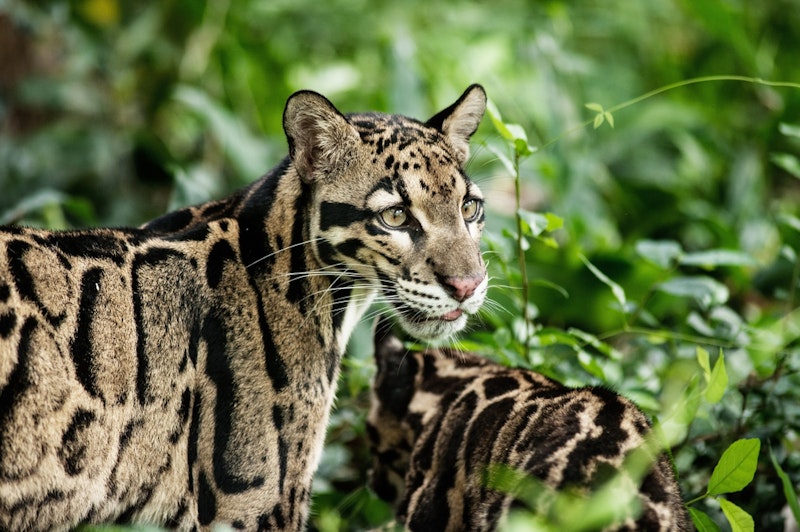In the News
COP15: Nations reach 'historic' deal to protect nature

10th January 2023
Just as we were all waving off the autumn term and looking forward to a couple of weeks off, a historic deal was struck to safeguard nature!
In December representatives from most nations met in Montreal, Canada, to try to agree to a deal to protect global biodiversity at COP15 (see my previous blog on this - https://www.tutor2u.net/geogra...). This summit had been described as the last chance to put nature on a path to recovery.
After two weeks of intense negotiations the Kunming-Montreal Global Biodiversity Framework was passed - which will protect a third of the planet for nature by 2030 (including protecting vital ecosystems such as rainforests and wetlands and the rights of indigenous peoples).
UN Secretary General Antonio Guterres said "We are finally starting to forge a peace pact with nature", with Canada's Minister for the Environment and Climate Change, Steven Guilbeault, stating that "It is truly a moment that will mark history as Paris did for climate."
Key parts of the framework include:
- Maintaining, enhancing and restoring ecosystems, including halting species extinction and maintaining genetic diversity
- "Sustainable use" of biodiversity - essentially ensuring that species and habitats can provide the services they provide for humanity, such as food and clean water
- Ensuring that the benefits of resources from nature, like medicines that come from plants, are shared fairly and equally and that indigenous peoples' rights are protected
- Paying for and putting resources into biodiversity: Ensuring that money and conservation efforts get to where they are needed.
One of the major hurdles was how developing nations would fund conservation projects to protect areas of outstanding biodiversity in their countries, particularly if it had an impact on their economic activities. As a result the Democratic Republic of the Congo said it could not support the deal due to a lack of funding, what with being one of the world's poorest nations and heavily dependent on mining.
Read the full article from the BBC here - https://www.bbc.co.uk/news/sci..
5 key takeaways from COP 15 - https://www.bbc.co.uk/news/sci....

You might also like

Unsustainable growth degrades Asia's land
8th October 2015
Protection for endangered species
29th October 2017
Palm Oil's threat to primates
14th August 2018